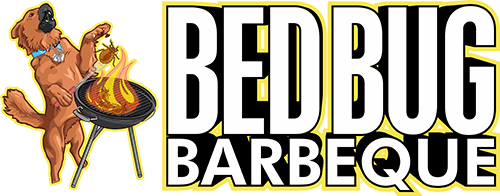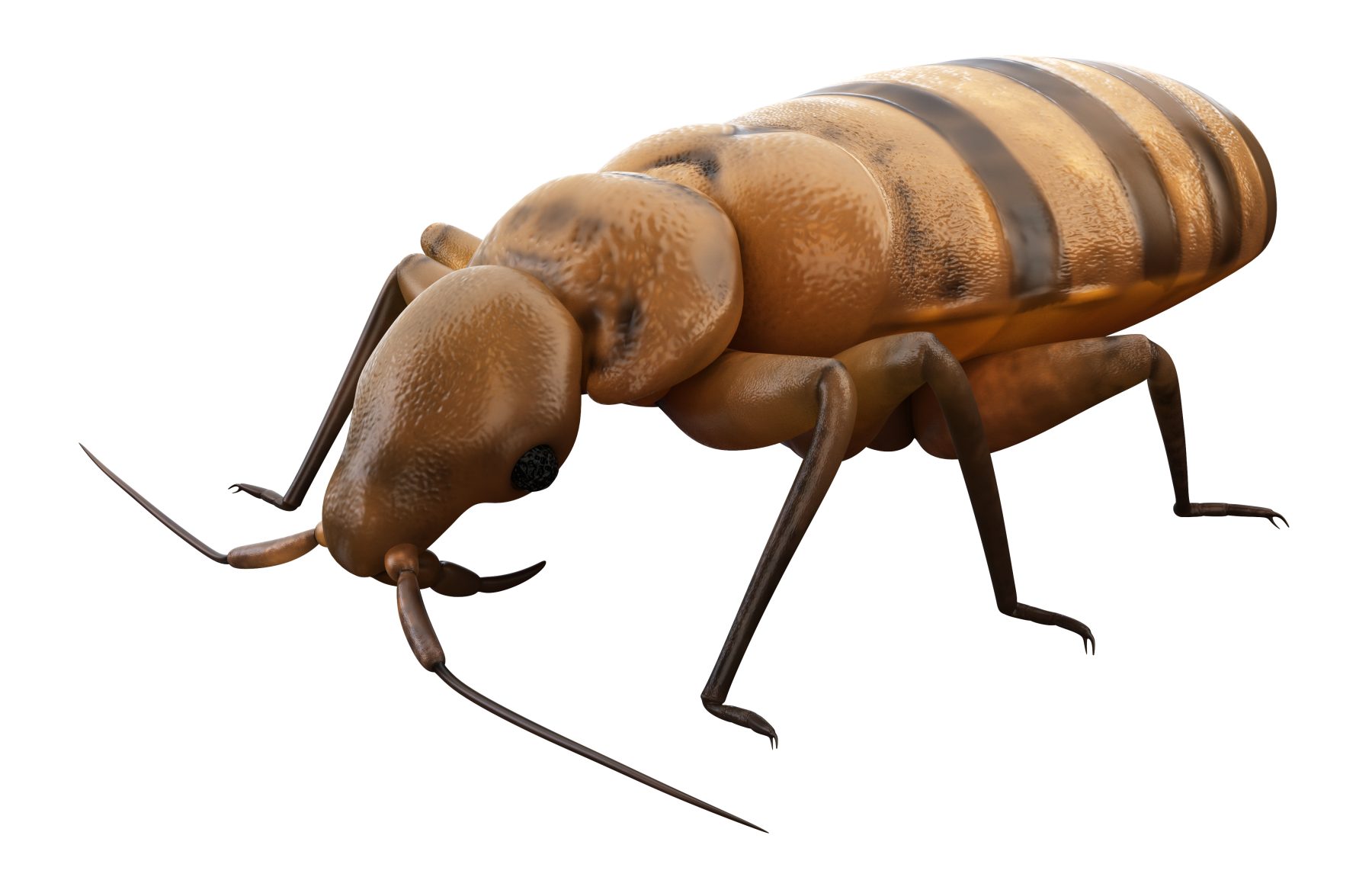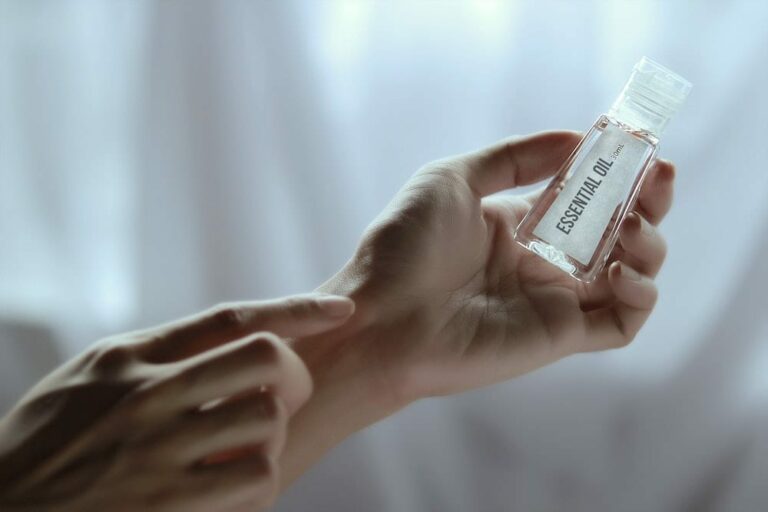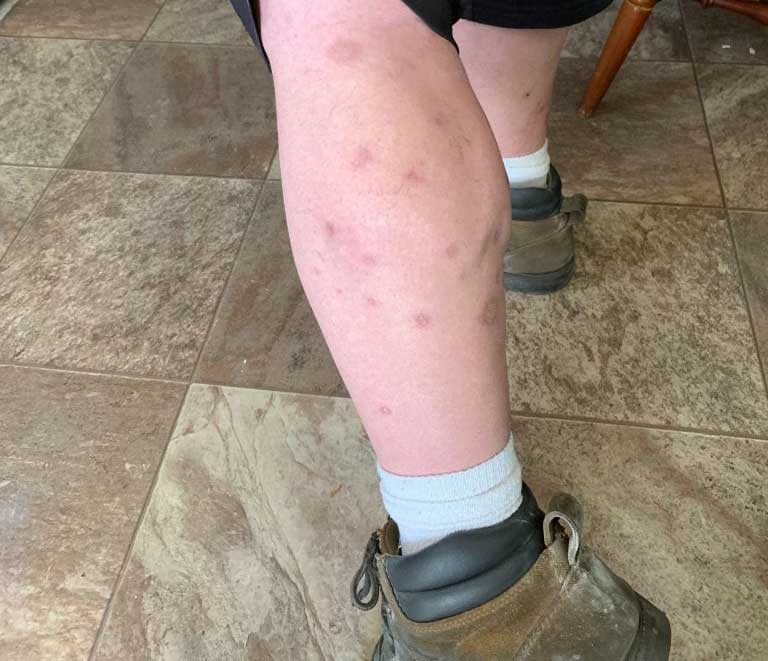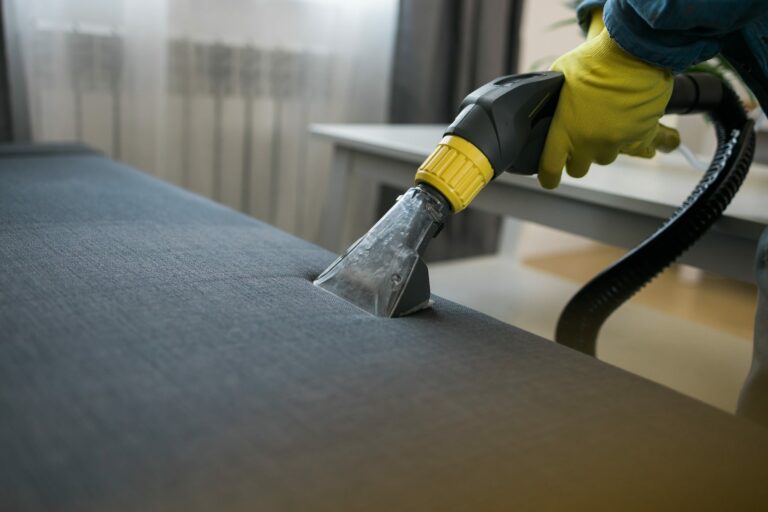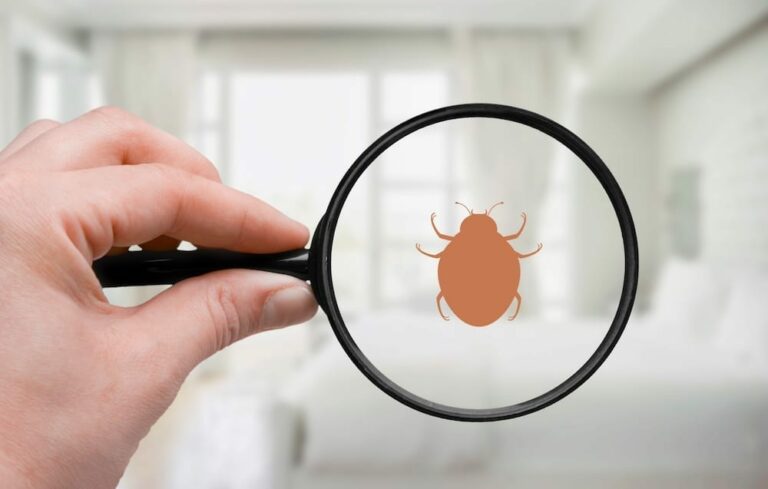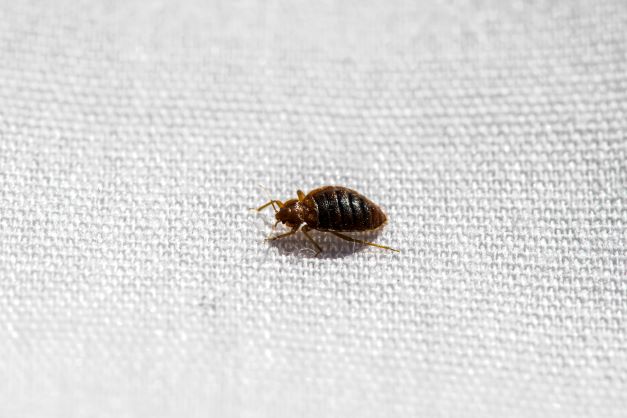Bed Bug Bites: Diagnosis and Treatment
Bed bugs are small insects that live off animal and human blood. It’s a very common house pest that can significantly affect health and lifestyle.
If you think you’ve been bitten by one, learn more on how to make sure about it and how to treat a bite.
Signs of Bed Bug Bites
How do you determine if you have bed bug bites already? You really only need to focus on two things:
- Signs of bed bugs
- Visible bites on your body
Bed bug bites usually come with itchy welts and usually appear in a zigzag pattern. The bites are commonly clustered with three to five bites in a cluster.
How To Check for Bed Bugs?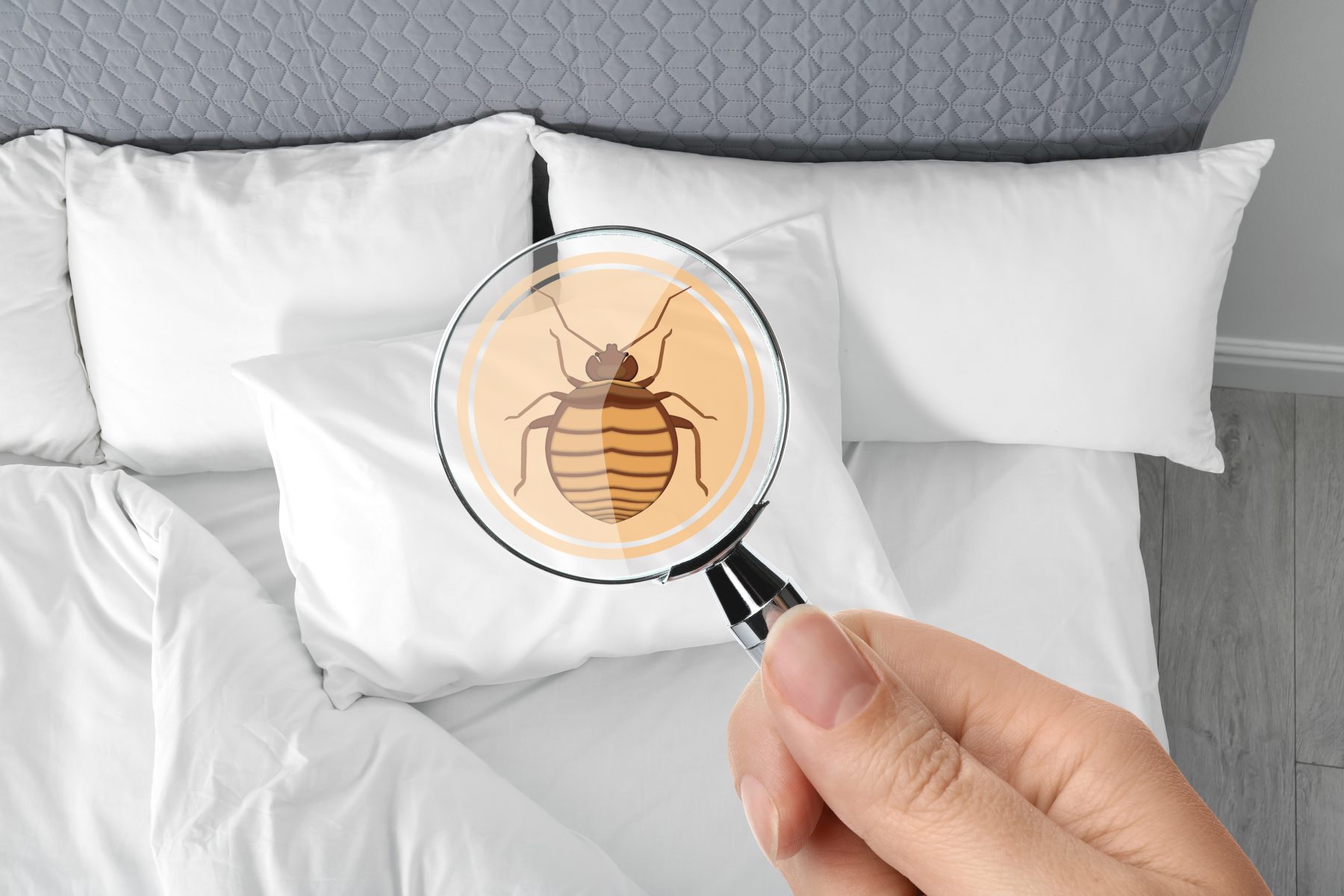
If you suspect or if you’re already sure that you have bed bug bites, you must immediately inspect your home. Properly examine the mattress, walls, and furniture for signs including:
- Eggs – Female bed bugs lay white, oval eggs in crevices and cracks. Check for these properly since they can be hard to find due to their small size.
- Specks of Blood – These can appear on the mattress, the beddings, couches, and headboards. Thoroughly check if there are any specks of blood, if there are, especially near the seams, it’s a sign of infestation.
- Dark Specks – Blood isn’t the only sign. If you notice black specks in the same locations, these can be the excrements of the insects.
- Sweet, Musty Odor – Inhale deeply. If you smell a sweet, musty odor, in your bedroom or any other sleeping area, there might be a heavy bed bug infestation. This odor is produced by the insects as chemicals which they use to communicate.
- Exoskeletons – If you see shell-like remains on your bed, on the couch, etc., these might be the outer shell of the bugs that they shed and left.
How To Treat Bed Bug Bites?
Here are some at-home remedies you can try for these bites:
- Wash with soap and water to prevent itchiness and infection.
- Apply a skin cream with hydrocortisone (Cortaid).
- Take an oral antihistamine, such as diphenhydramine (Benadryl).
In any case that you develop a skin infection, your doctor may prescribe an antibiotic. But, bed bug bites usually go away within a day or two.
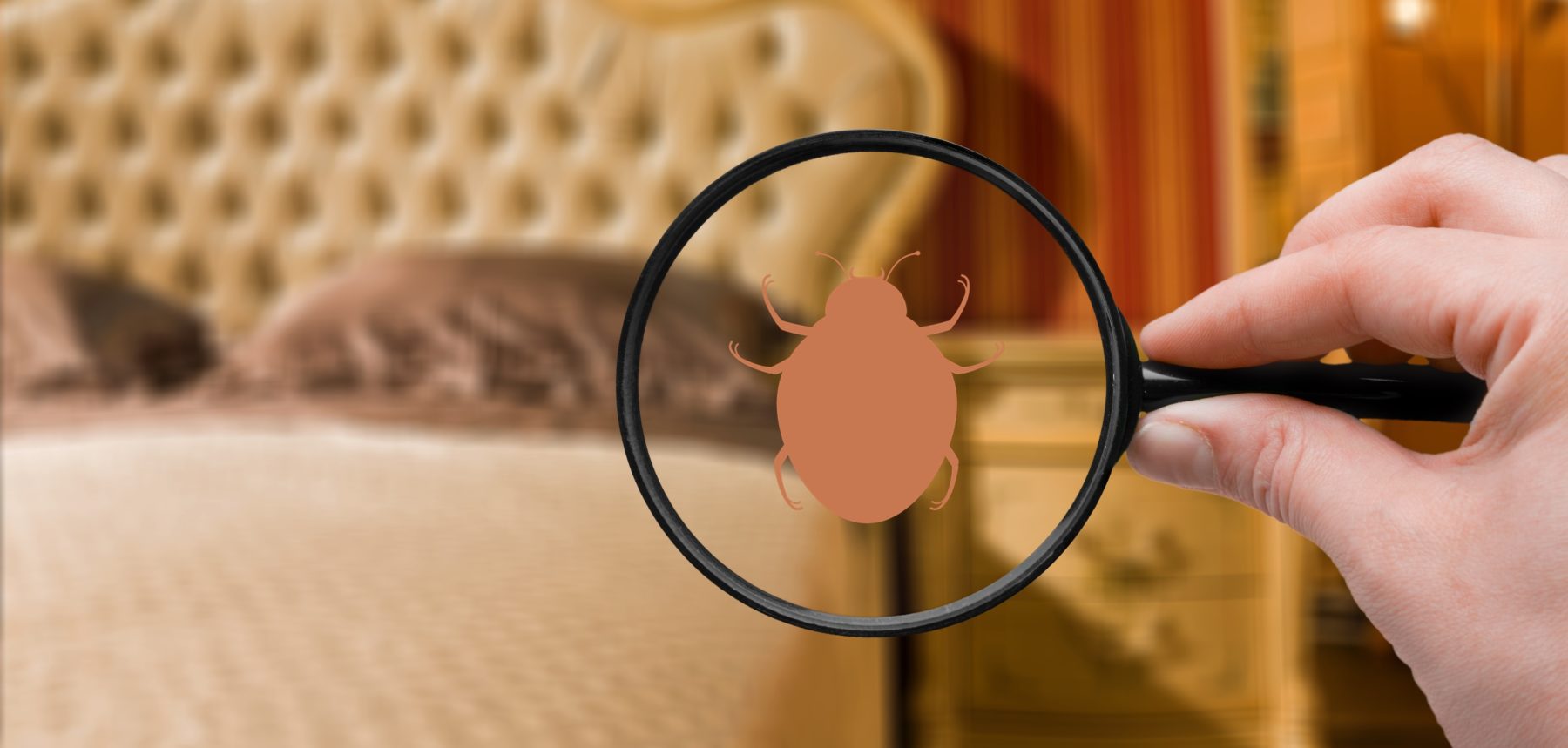
On a serious note, you should see a dermatologist for treatment if you have:
- Many bites
- Allergic skin reaction: red and swollen skin
- Skin infection (pus discharge)
- Blisters
Getting Rid of Bed Bugs at Home
Once you’ve treated your bites, it’s time to clean the infestation at your home. This can be challenging since the bugs are so little and can hide so well. Aside from contacting a professional exterminator, here are some non-chemical treatments you can try for your home:
- Laundering – Washing and drying any infested items in a dryer with a high setting on will kill the bugs inside, especially on clothing and linen.
- Vacuuming – Thoroughly vacuum the cracks crevices where the bugs can physically remove them. Just make sure to empty the vacuum after every use.
- Freezing – Bed bugs are vulnerable to temperatures below 32 F. However, you’d need to leave the items outside or inside the freezer for several days.
Importance of Treatment
Treating your bite is important to ensure good skin and overall health. You can avoid serious dermatological issues and prevent allergic reactions. It’s also important to treat the house after. Call Bed Bug BBQ today to ensure that your home is bug free! Visit our website or call (216) 221-1227 today!
